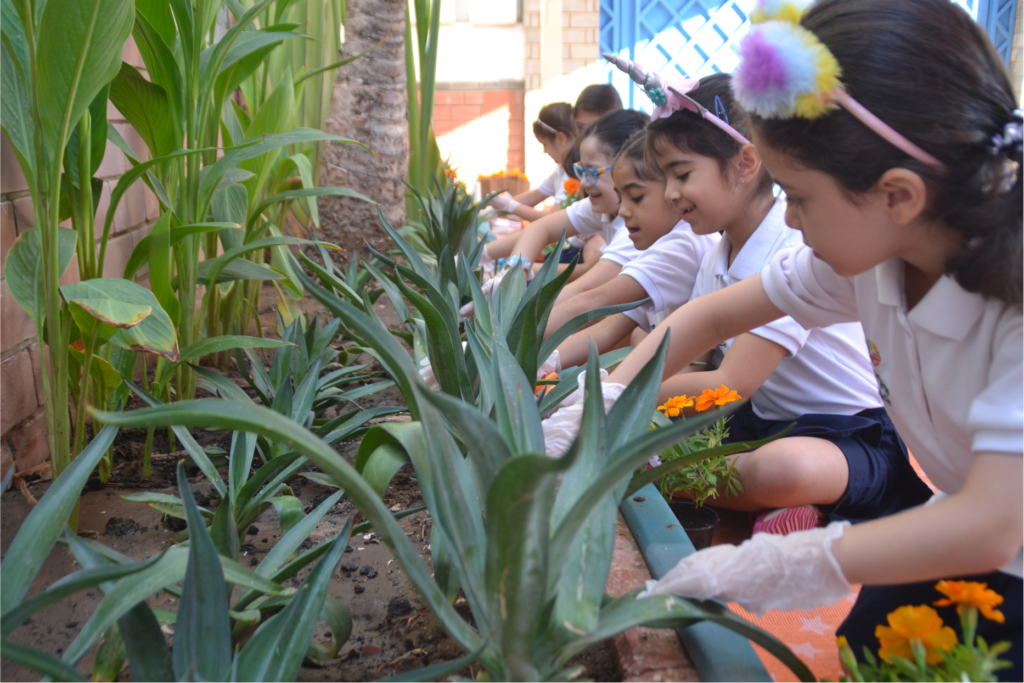Student’s Ownership (Agency)
When students are attentive, they:
- Take initiative, responsibility & ownership
- Express interest
- Make choices
- Are aware of their own learning goals
- Monitor and adjust their learning
- Voice opinions
- Influence and direct their own learning
- Develop approaches to learning & dispositions
They also work collaboratively with teachers to:
- Make decisions together
- Create shared agreements
- Create shared routines
- Set up learning spaces
- Reflect together
BMIS teachers create opportunities in which learners can exercise agency by:
- Working in partnership, building relationships
- Actively listening
- Respecting and responding to learner ideas
- Observing learners’ capabilities, needs and interests
- Reflecting on when students need help, intervening & giving feedback
- Establishing a welcoming culture
- Modeling desired behavior and language
If you walk into a PYP classroom that is dedicated and focused on giving students the chance to exercise learner agency, you would see that:
- Students and teachers collaboratively create learning engagements and assessments;
- Students set learning goals and monitor their progress;
- Students foster belief in themselves and in their own ability to succeed;
- Students are active, engaged participants in thinking and learning.
Community Service
BMIS continually emphasizes the IB based theory of student -initiated action to pursue their own interests and learn outside of the curriculum. Our students strive to apply what they have learned in the community and global initiatives in order to make the world a better place. These ideas come from the students themselves, and our staff and school community do what they can to provide the appropriate support for these projects. Students are required to engage in a collaborative, transdisciplinary inquiry process by identifying, investigating, and offering solutions to real-life issues or problems.

These actions will help students excel in their social skills by:
- Fostering self-confidence and a can-do attitude that spreads to their academic pursuits;
- Promoting better problem solving skills, teamwork and the ability to follow instructions;
- Strengthening their ties with the community as they meet new people;
- Teaching them to take responsibility for making great things happen;
- Instilling in them a sense of pride when they see what they have done is actually helping another;
- Teaching them to develop their leadership skills;
- Encouraging togetherness of children and the community to build a positive future.
